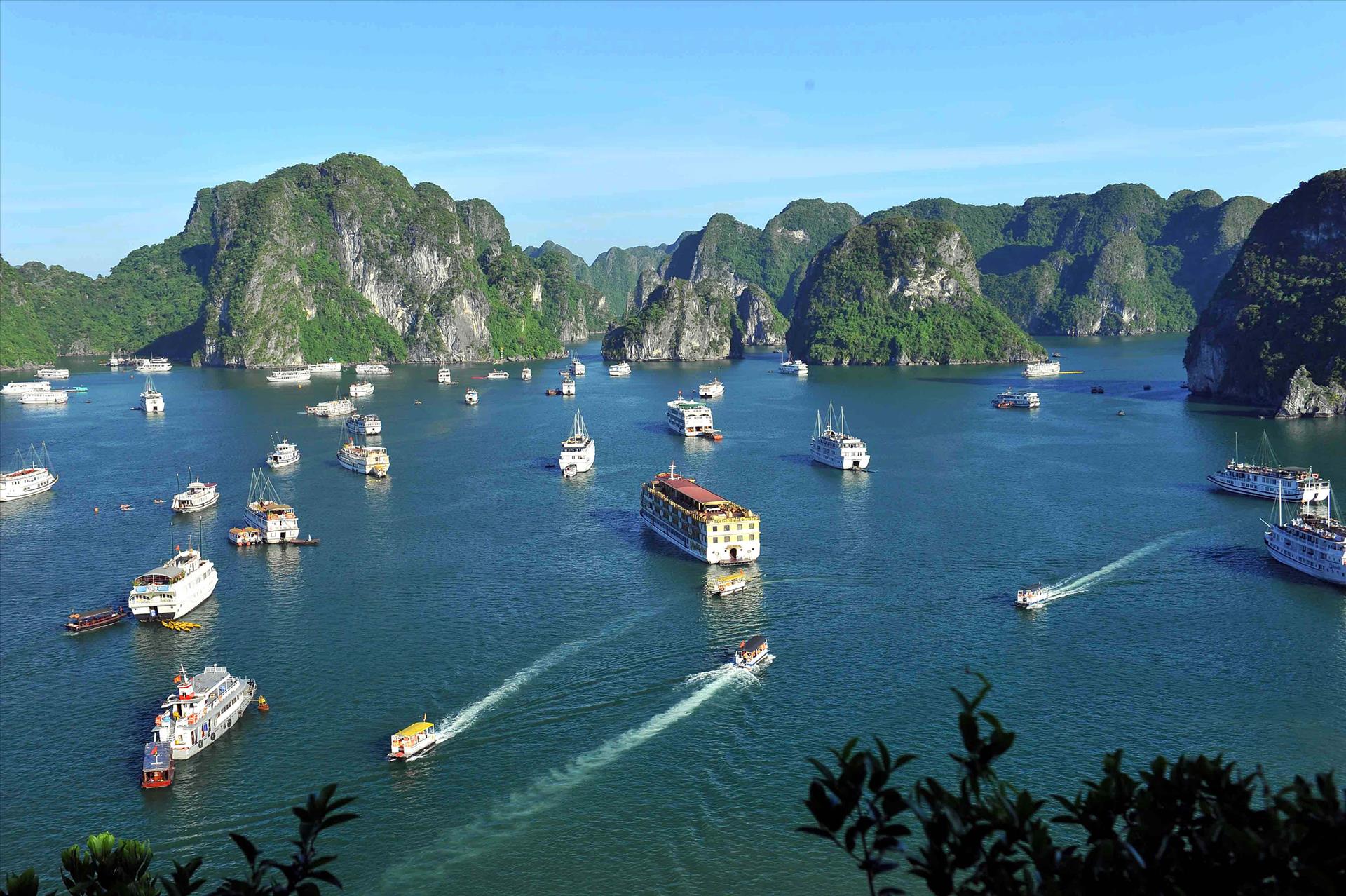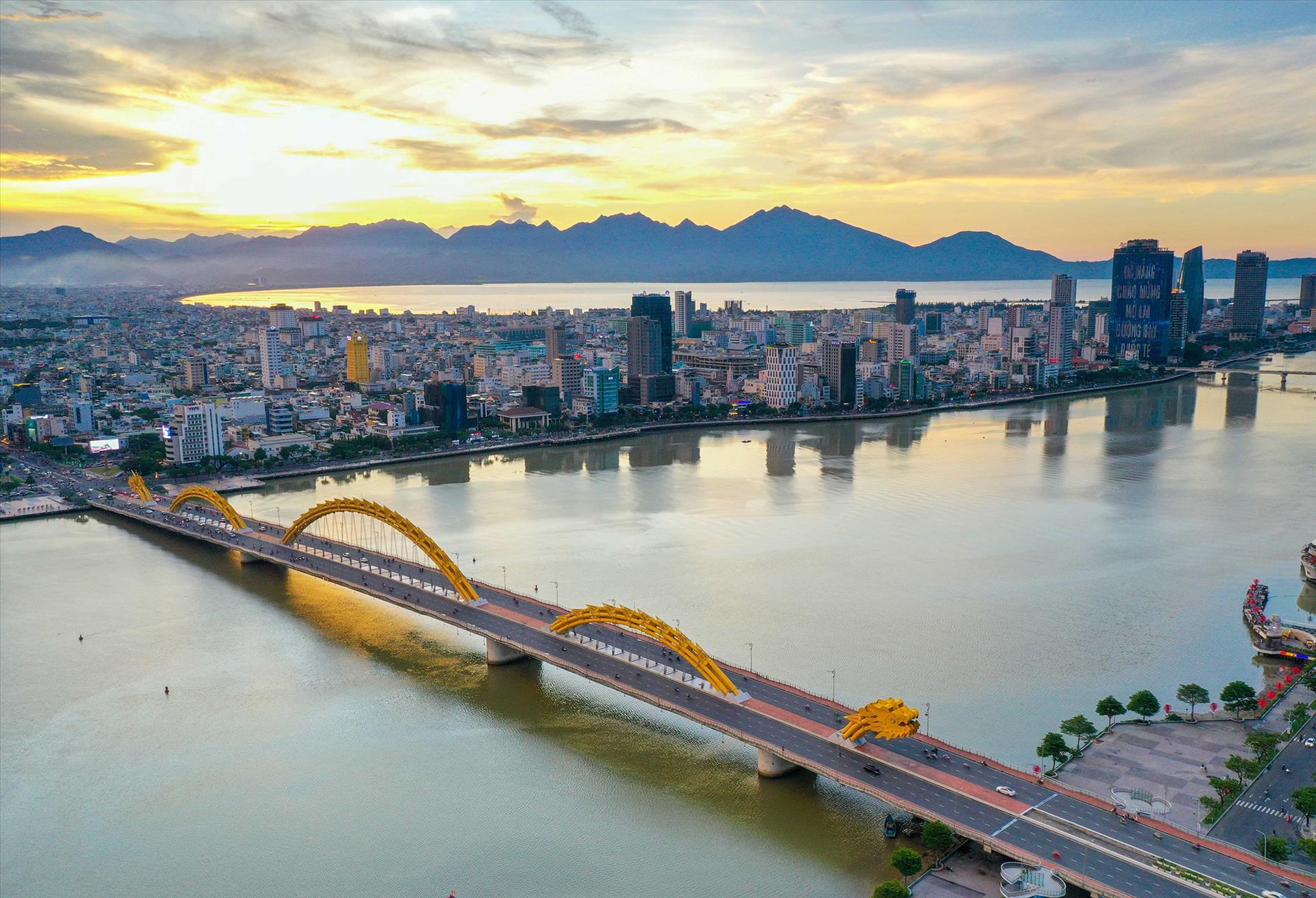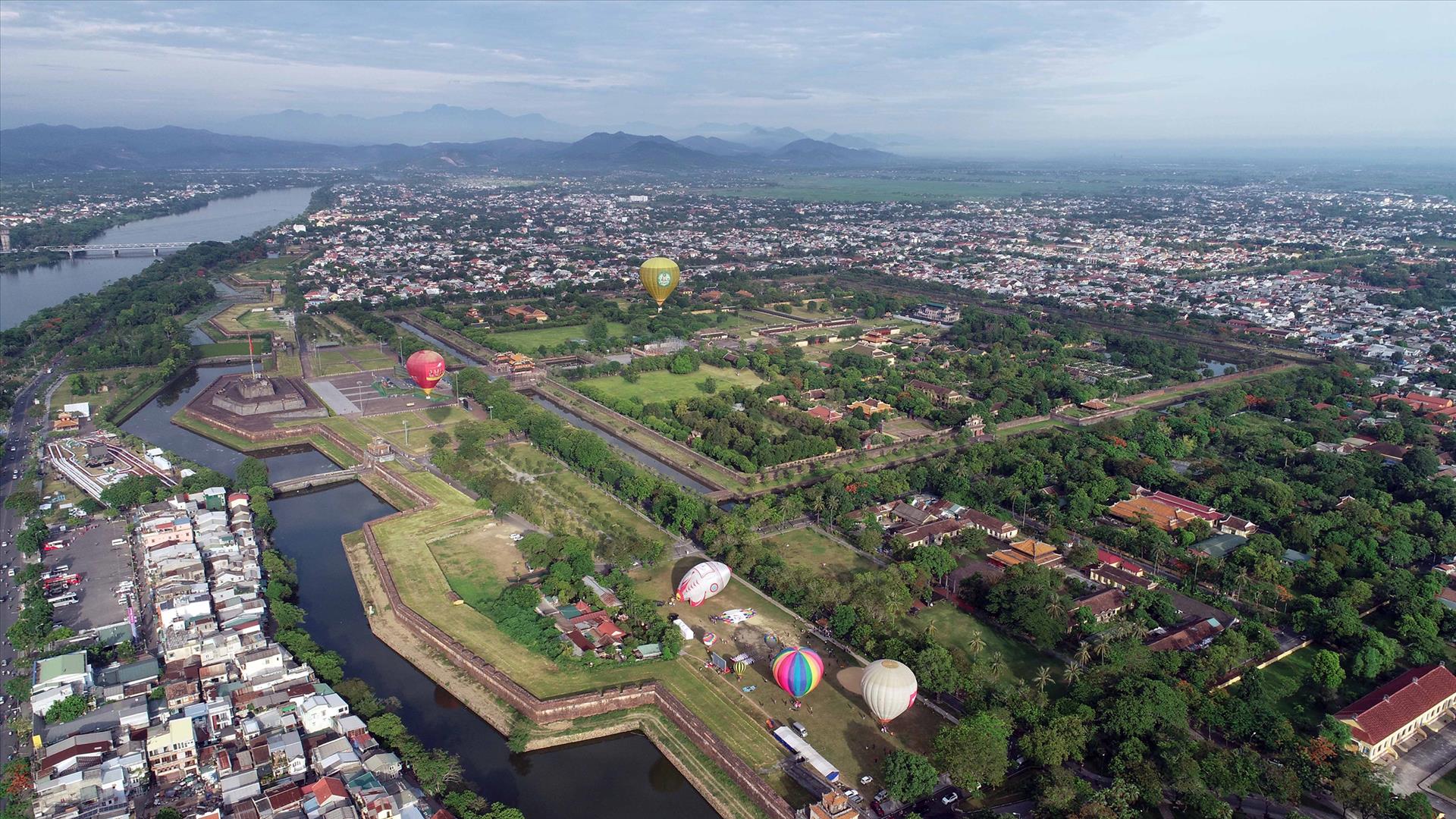Vietnam Set to Enter Top 30 Countries with Best Tourism Competitiveness
In the context of Vietnam's gradual recovery in the tourism market after the COVID-19 pandemic, Prime Minister Pham Minh Chinh expressed his belief that with the engagement of the entire political system, the concerted efforts of the businesses community and the people, the tourism industry in Vietnam will develop strongly towards "Distinctive products - professional services - convenient procedures - competitive prices - clean environmental hygiene - safe and friendly destinations" and set to become one of 30 countries with besttourism competiveness in the world.
The country has one of the seven new natural wonders of the world, three world natural heritages, and 15 intangible cultural heritages of humanity, as well as over 41,000 historical and cultural relics and scenic spots. The country also boasts abundant products with lower prices compared to the region, and has 54 ethnic groups with unique cultural features. These are important foundational factors for national development, including tourism.
In addition, Vietnam's technical infrastructure and tourism-related facilities are increasingly developing.
Its tourism product system is being formed to meet the diverse needs of the market. Vietnam's competitive capacity in tourism has been improving, ranking 63rd out of 140 countries and territories in 2019, up 17 places compared to 2011. In 2021, it ranked 52nd out of 117 economies, up eight places from 2019. With six out of 17 pillar indicators ranked among the leading group in the world, Vietnam is one of the three countries with the highest tourism growth rate.
However, the tourism industry still has shortcomings and limitations, such as development not keeping pace with its potential and advantages, a lack of sustainability, and insufficient competitiveness. Developing tourism is the shared responsibility of the entire political system at all levels, sectors, and society as a whole. Tourism development must be placed in the overall context of socio-economic development, with the role of being a key economic sector; shifting from "supplying what we have" to "supplying what customers need"; from seasonal tourism to year round tourism; developing tourism in a safe, green, clean, civilized, modern, attractive direction, and emphasizing the cultural values of Vietnamese tourism.
Tourism contributes to the reduction of poverty, social welfare, cultural preservation, environmental protection, and national defense and security. In the current trend, it is necessary to promote digital transformation and develop a smart tourism ecosystem in Vietnam. At the same time, there is a need to strengthen international cooperation, especially with large multinational tourism corporations, in order to enhance connectivity and attract major potential markets.
Tourism is an important economic sector, known as the "smokeless industry," which contributes significantly to the economies of many countries. It is a development trend of the future as well as a bridge for people from different countries to meet, increase mutual-understanding, strengthen solidarity and friendship, aiming towards a peaceful, stable, developed, and prosperous world.
The 13th National Party Congress has identified the need to restructure the tourism industry to ensure its professionalism, modernity, integrated and sustainable development, and international integration. it has also emphasized the importance of building, developing, and positioning the national tourism brand associated with the dominant and unique image that reflects the cultural identity of the nation. By 2030, the goal is to attract 47-50 million international tourists to Vietnam and the tourism sector is expected to contribute about 14-15% of the GDP, raising the proportion of the service sector in the GDP to over 50%.
Story: VNP Photos: VNA & Files Translated by Nguyen Tuoi





